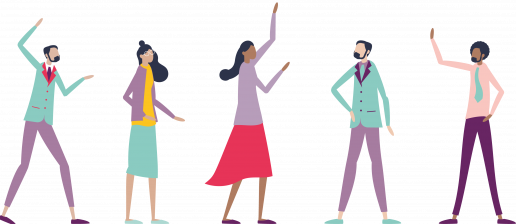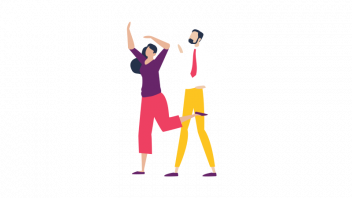School life

Secondary/post-primary school life
Having come through primary school, things like key stages and curriculum will be familiar to you, but you may still have some questions about what the next few years will entail. In this section we’ll give you an overview of the key milestones and other defining elements of secondary/post-primary school.
Homework
Homework at secondary/post-primary school is quite different to that at primary school. Not only is there a greater expectation on the content and presentation, there are also likely to be consequences if it’s not handed in on time.
Your child will probably be given a homework planner at the start of term. Get into the habit of checking this and discussing together what tasks need to be done. Until they get used to the new workload your child might need your support to help them manage their time or prioritise what they need to do.
You can also leave comments and feedback for the teachers to see.
Make sure you’ve got an email address for your child’s form tutor so you can clarify information when you need to.



